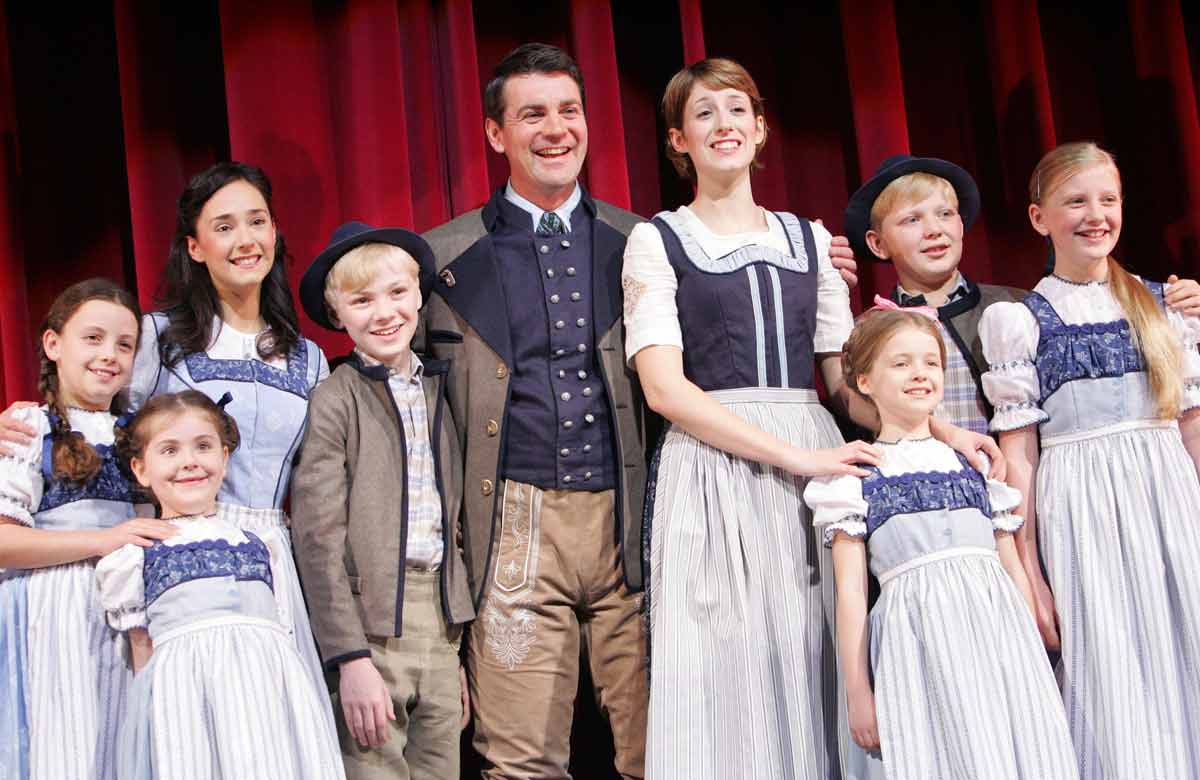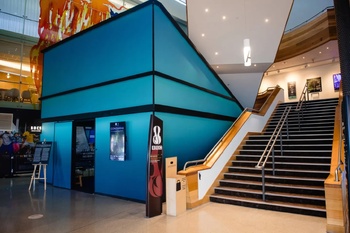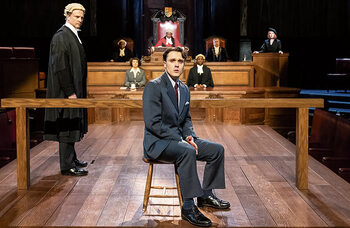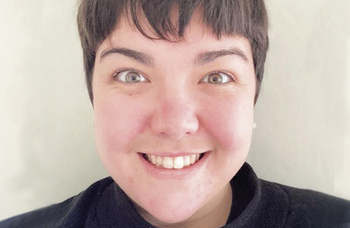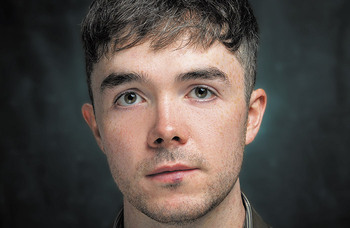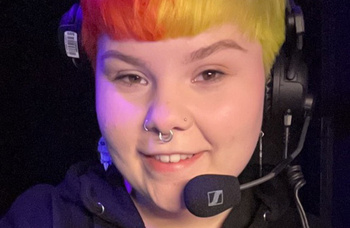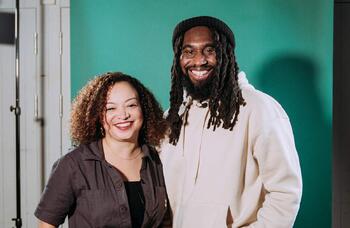‘What does a casting director want to see and hear in a singing audition?’
What does a casting director want to see in a singer’s audition?
— Shaun (@shaunaquilina)What does a casting director want to see in a singer’s audition?
— Shaun (@shaunaquilina) March 10, 2021
Well, this is very simple, dear. They want to hear what the singer’s voice sounds like. And that’s it.
Okay, maybe I’m making it sound a little too obvious. But in essence, a singing audition is about the quality of a performer’s voice – whether they’re a baritone, soprano, tenor, alto or bass – and the individual sound they create.
As we all know in Theatreland, the current trend is a tight, nasal, twangy sound – Andy Lloyd Webber adores it because it reminds him of his cats – which is force-fed to students at all musical theatre schools. Personally, I prefer something a little less harsh, but then it’s all down to individual taste.
A singing audition is all about showing off your voice. We want to hear your range, your vocal sound, the amount of vibrato (too much and my casting director vomits), and your individual quality to see how you’ll mix with everyone else in the show. And, of course, it helps if you can act and interpret your song as well, but this is not essential. Acting is always the last consideration in these things, dear.
One of the most common mistakes people make in a singing audition is to overcompensate with movement and choreography, so that all we end up hearing is lots of panting and wheezing. No. Just stand still and sing the bloody song. Open your mouth, sing loudly so we can hear the words and use your own voice. What I mean by this is don’t copy someone else – everyone’s voice is unique, and that is what will get you the job. We don’t want to hear another carbon copy of Bernadette Peters or Barbra Streisand thank you very much.
One of the most common mistakes people make in a singing audition is to overcompensate with movement and choreography
Remember that it’s not all about employing people who can hit the money notes, or who have the really powerful diva voices. We have a whole company of performers and we need a good mix of voices. It would be stupid if we cast performers who all had the same vocal quality. We always look for an excellent mixture of individual voices that work well together, and give us the overall sound we are looking for. In bigger productions we even have a musical supervisor who comes in and makes sure the balance of voices is perfect – and if it’s not, he castrates some of the boys to make it sound better.
We also like to see singers who aren’t afraid to just go for it. In many auditions, we’ll test your range and then perhaps ask you to sing another song. So it’s important you have a varied repertoire. I would always recommend having at least three different song choices with you, even if we only ask for one, because then we hear your voice singing different styles if required.
And following on from that, always try to pick a song that is right for the show you are auditioning for. There really is little point singing something from Mamma Mia! if you’re auditioning for Phantom – unless it’s for a new version set in an opera house in Greece.
So there you go. Sing loudly, sing proudly, sing in your own voice, open your mouth wide and stand still.
Opinion
Recommended for you
Advice
Recommended for you
Most Read
Across The Stage this weekYour subscription helps ensure our journalism can continue
Invest in The Stage today with a subscription starting at just £7.99
 West End Producer
West End Producer
